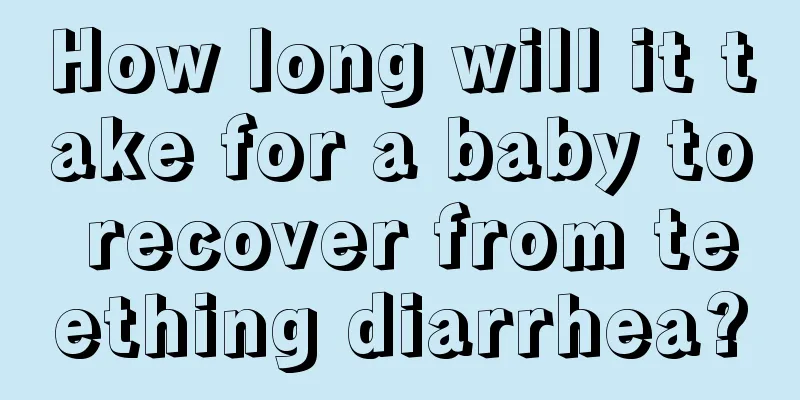The dangers of holding your baby to urinate

|
In order to prevent the baby from wetting the bed after birth, diapers will be used for the baby. However, many mothers-in-law, in order to let their children develop the habit of urinating by themselves early, will hold their children up and help them urinate when they are very young. This is harmful to the child's growth and development. A baby's spine will not be fully formed until after the age of one, and changing the baby's diaper function too early can easily damage the spine. The following article introduces the dangers of changing your child's diaper function too early. Let's take a look. The dangers of giving your child a urinary tract infection too early 1. It’s bad for your baby’s spine The spine of a newborn is straight. When the baby can lift his head at three months, the cervical vertebrae become lordotic, forming the first curvature. When the baby can sit at six months, the thoracic vertebrae become kyphotic, forming the second curvature of the spine. When the baby can walk at one year old, the lumbar vertebrae become lordotic, forming the third curvature of the spine. This forms the natural curvature of the human spine. 2. The baby's sphincter is not exercised, which makes it easy to urinate frequently If parents frequently hold their children to pee, it will cause the children to develop a conditioned reflex to urinate in response to the adults' instructions, rather than the bladder being full and stimulating the sphincter to cause urination reflexively. Due to the lack of experience in holding urine, the bladder sphincter cannot be exercised, which will lead to small bladder capacity, inability to hold urine, and more frequent urination. 3. It is not conducive to the development of the baby's hip joint, and it is also easy to cause rectal prolapse, anal fissure and other phenomena in the baby. Frequent local defecation will cause the baby to exert force frequently, and the ligaments that control the anal sphincter are relatively loose, which can easily cause the rectal mucosa to protrude through the anus, that is, rectal prolapse. How old is it for a child to pee on his own? 1. Studies have found that many babies who began training before 18 months old did not learn to urinate and defecate on their own until they were four years old; on the contrary, those who began training at the age of two years old could almost go to the toilet on their own by the age of three years old. 2. In addition, the following signs (usually appearing in children aged 18 months to 2 and a half years) also indicate that the child is able to urinate, walk, and is willing to sit down (has the foundation for using the toilet). 3. Able to pull his or her own pants up and down, and can imitate the actions of his or her parents, showing interest in controlling urination and defecation, such as following his or her parents into the bathroom. The above is a brief introduction to the dangers of changing your child's diaper function too early. In short, there is no need to hold your baby's diaper too early. During infancy, you can use more diapers. At a certain time, the child will understand that it is uncomfortable to pee in the pants. Girls will consciously squat down to pee, and boys will imitate adults to pee, so parents do not need to hold their baby's diaper. |
<<: What medicine to use for baby neck eczema
>>: What medicine should I use for baby's mouth eczema
Recommend
Introduce several situations of baby sweating
The baby's health is the biggest concern of t...
What to do if a child is bitten by a dog
There is a theory that should be adhered to when ...
Is it okay for a two and a half year old baby to sleep on his stomach?
A good sleeping position is very important for ba...
Can children eat watermelon when they have a cold?
When the seasons change, children are particularl...
Treatment for vomiting in two-month-old babies
Vomiting in two-month-old babies makes our parent...
11-month-old baby development standard
Generally speaking, some babies at eleven months ...
How to treat night terrors in children
Some places in our country are very superstitious...
What should I do if my baby has a fever of 39 degrees when teething?
We all know that teething is a relatively long pr...
When is the best time for babies to eat DHA?
For parents, their babies are their most precious...
Rash on baby's neck and face
Every baby is the apple of the parents' eyes....
What to do if your baby always has phlegm in his throat
What should I do if my baby always has phlegm in ...
Causes of abdominal pain and vomiting in a 4-year-old child
Many children are prone to abdominal pain when th...
What are the reasons for a baby's red buttocks?
Children's skin is relatively delicate. If it...
What should I do if my child has a fever, convulsions and rolls his eyes?
Families all hope that their children can grow up...
Children's appetite-stimulating and spleen-strengthening medicine
For children, their spleen and stomach are relati...









